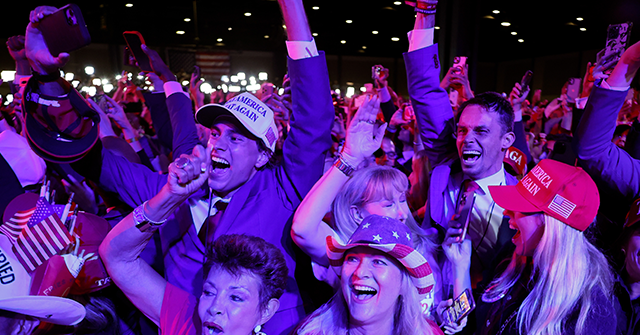In early December, the University of Michigan’s index of consumer sentiment experienced a notable increase, reaching its highest level since April. This rise was largely attributed to more favorable views from Republicans and independents following Donald Trump’s election. The index climbed by 3.1 percent to 74, marking the fifth consecutive month of improvement. A substantial leap of 22.6 percent was seen in the index of current conditions, primarily due to positive consumer perceptions regarding the purchasing of durable goods. However, this optimism was tempered by a slight decline in the expectations index, influenced predominantly by Democrats who predict negative economic impacts resulting from Trump’s policies.
Joane Hsu, the director of consumer surveys at the University of Michigan, pointed out that the surge in buying conditions doesn’t necessarily indicate robust economic strength. Instead, she emphasized that consumers are motivated by a perception that making purchases now could protect them from potential future price increases. This understanding resonates with increasing concerns among Democrats about the possible inflationary effects of Trump’s proposed tariffs. Their apprehension contributed to a rise in year-ahead inflation expectations, which increased from 2.6 percent in November to 2.9 percent in December, reaching a six-month peak.
If Democrats act on their perceived urgency to make large purchases before anticipated price hikes, this could result in a spike in consumer spending during the holiday season and into the new year. Such spending could potentially drive stronger employment gains and enhanced corporate profits as the Trump administration takes office. However, there is concern that a surge in consumer demand, fueled by these buying motivations, might inadvertently escalate inflation, contradicting the goal of preempting price increases. Interestingly, Republican respondents to the survey held a contrasting view, indicating that they believe Trump’s presidency will bring about a significant slowdown in inflation, allowing them to defer purchases without fear of rising prices.
The index of current conditions showed overall improvement across political lines, with a 16 percent increase among Democrats, likely as they consider making significant purchases before the potential imposition of tariffs by Trump. Independents exhibited the most substantial boost, with a 37 percent increase in current conditions. Conversely, Republicans illustrated the smallest growth at 15 percent, indicating that many still perceive lingering economic challenges stemming from nearly four years of Democratic governance. This points to a complex interplay of political beliefs and consumer behavior affecting sentiment differently across party lines.
The sharp decline in the expectations index among Democrats was striking, as it plummeted from 75.4 to 48.7. This contrast highlights how optimism has drastically faded since the spring, when many Democrats felt confident about Biden’s prospects in the presidential election. The overall result is a stark dichotomy, where Democrats’ expectations have been halved, reflecting genuine concerns regarding economic conditions under Trump’s administration. Meanwhile, independent and Republican respondents reported improved expectations, with the index for independents reaching its highest level since March and Republican sentiment matching levels from early 2020.
Ultimately, the diverging consumer sentiments illustrate a broader narrative involving not just partisan politics, but also real perceptions concerning economic fundamentals. Democrats anticipate adverse economic consequences from Trump’s policies, while Republicans express optimism regarding improved conditions. This deep-rooted perception of future economic outcomes, influenced by political events, could serve as a pivotal driver for economic activity moving forward, shaping both consumer behavior and potential policy responses in the months to come.

